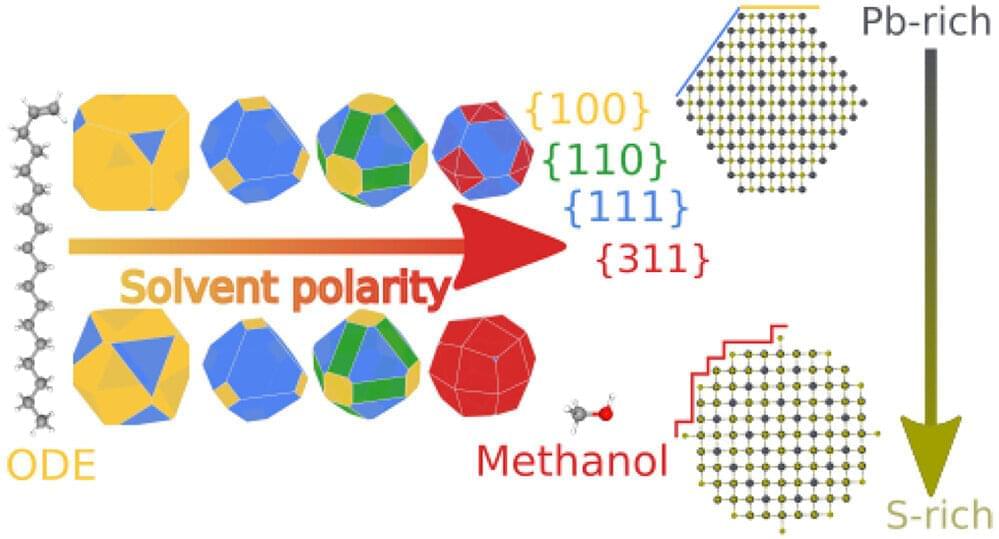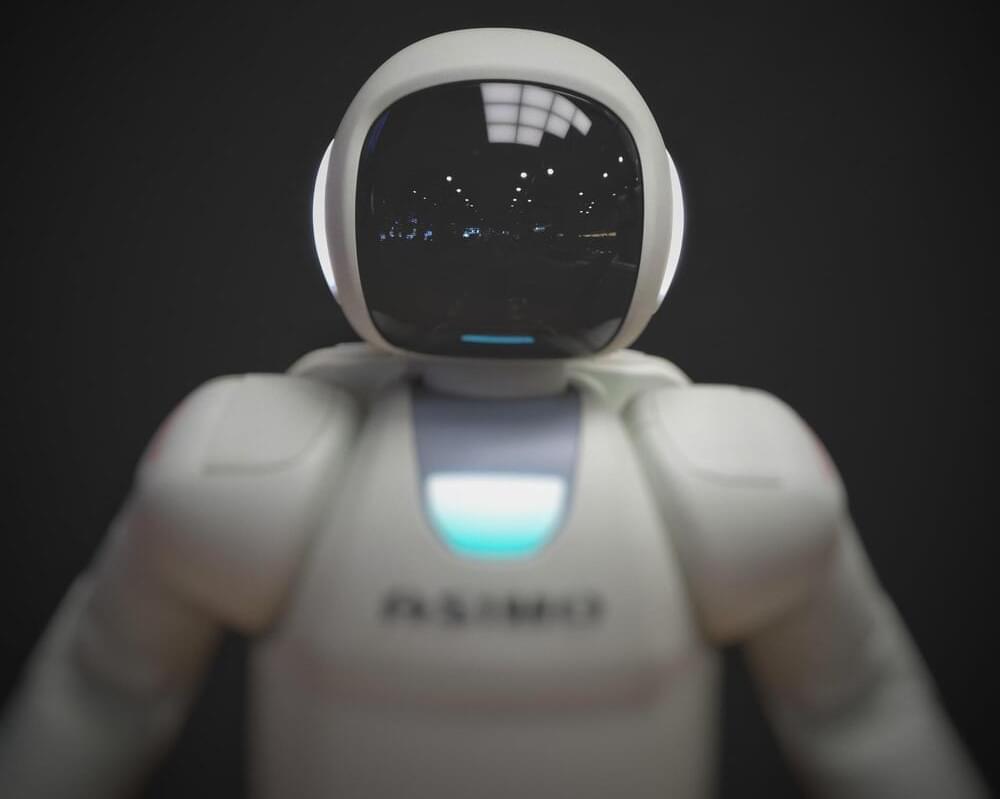May 22, 2023
How the digital ad industry can guide the ways AI transforms businesses
Posted by Shubham Ghosh Roy in categories: business, Elon Musk, robotics/AI
Join top executives in San Francisco on July 11–12, to hear how leaders are integrating and optimizing AI investments for success. Learn More
When Microsoft-funded lab OpenAI launched ChatGPT in February, millions of people realized almost overnight what tech professionals have understood for a long time: Today’s AI tools are advanced enough to transform daily life as well as an incredibly broad range of industries. Microsoft’s Bing leaped from a distant second place in search to a much higher-profile level. Concepts like large language models (LLMs) and natural language processing are now part of mainstream discussion.
However, with the spotlight also comes scrutiny. Regulators around the world are taking note of AI’s risks to user privacy. The Elon Musk-backed Future of Life Institute amassed 1,000 signatures from tech leaders asking for a six-month pause on training AI tools that are more advanced than GPT-4, which powers ChatGPT.


















